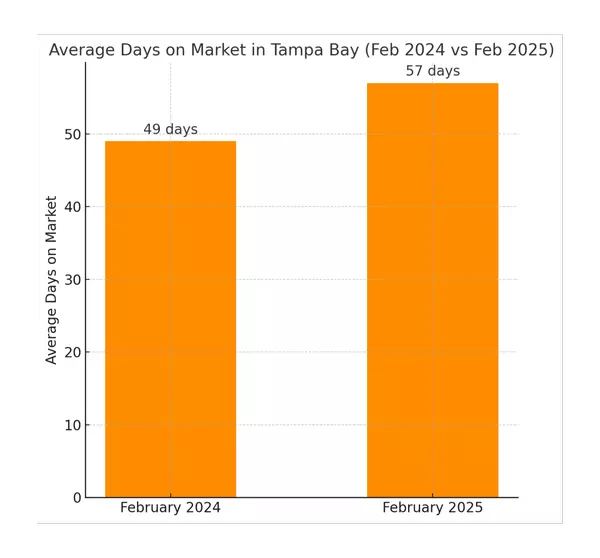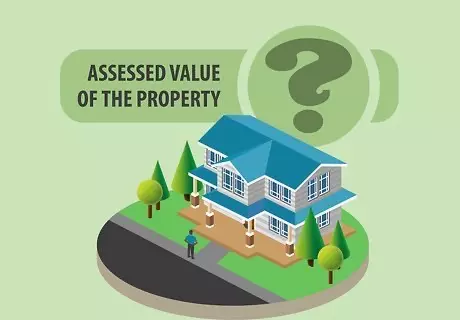What is Assessed Value? Understanding Its Impact on Your Property Tax Bill
When it comes to owning real estate, understanding property value assessments is crucial—especially when it comes to taxes. One term homeowners often come across is assessed value, which plays a key role in determining property tax bills. However, many confuse it with market value, leading to misunderstandings about their property’s worth.
What is Assessed Value?
The assessed value of a property is the valuation assigned by the local government for tax purposes. This value is determined by the county property appraiser and is used to calculate the amount of property tax a homeowner must pay each year. The assessed value is typically based on:
-
The purchase price of the property
-
Comparable home sales in the area
-
Property improvements or modifications
-
Local tax laws and assessment ratios
Most counties apply an assessment ratio, which means the assessed value is a percentage of the home’s market value rather than the full market price.
How Does Assessed Value Affect Your Property Taxes?
Since property taxes are calculated based on the assessed value, a higher assessed value means a higher tax bill. Local governments determine tax rates, known as the millage rate, which is multiplied by the assessed value (minus any exemptions) to determine the amount of property tax owed.
For example:
-
If a home has an assessed value of $600,000 and the local tax rate is 1.5%, the annual property tax would be $9,000.
-
If exemptions apply (such as a homestead exemption), the taxable value decreases, lowering the tax bill.
Assessed Value vs. Market Value: What’s the Difference?
Many homeowners assume their assessed value should match their property’s market value, but this is not the case. Here’s how they differ:
| Assessed Value | Market Value |
|---|---|
| Used for tax purposes | The price a buyer is willing to pay for a home |
| Determined by the local property appraiser | Influenced by market trends, demand, and condition of the home |
| Usually lower than market value | Can fluctuate based on real estate conditions |
Why the Difference Matters
Understanding the difference between assessed and market value helps homeowners in several ways:
-
Tax Planning: If assessed value increases, property taxes may rise. Homeowners can appeal their assessment if they believe it is too high.
-
Selling a Home: Buyers and sellers should rely on market value rather than assessed value to determine listing or offer prices.
-
Refinancing: Lenders consider market value, not assessed value, when determining loan terms.
Final Thoughts
The assessed value of a home directly impacts property taxes, but it is not the same as market value. Homeowners should understand both to make informed financial decisions. If you believe your home’s assessed value is too high, consider appealing your property tax assessment with your local tax authority.
Categories
Recent Posts










